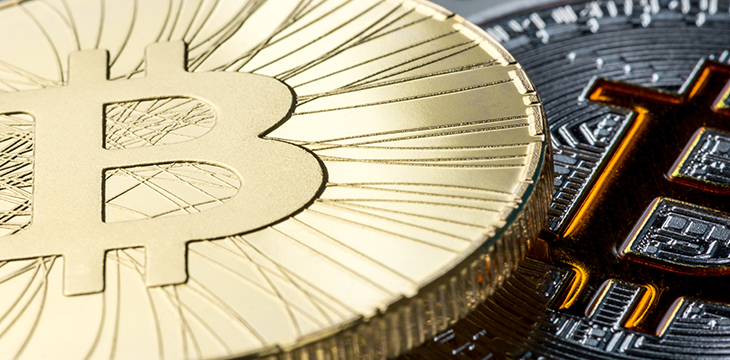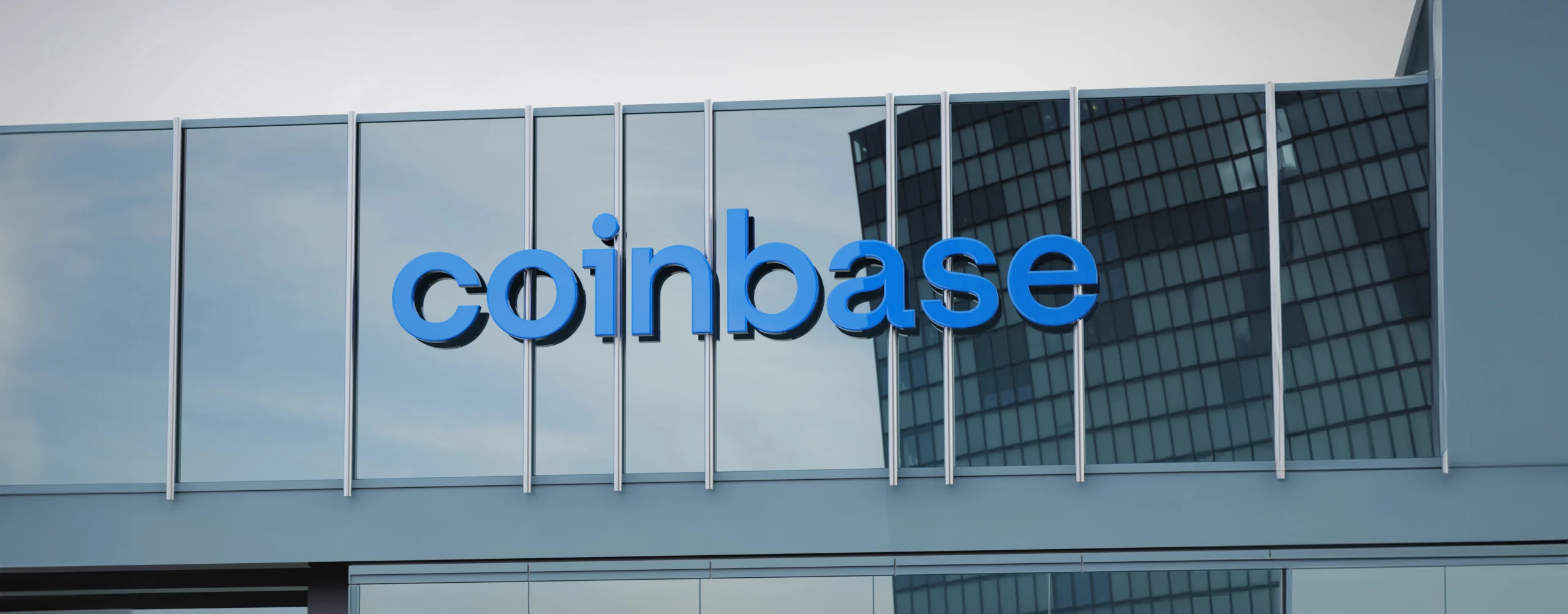|
Getting your Trinity Audio player ready...
|
The Central Bank of Russia believes that the draft regulation on cryptocurrencies will be ready to be adopted in the spring of 2019. According to a report by local outlet TASS, the revelation was first made by Olga Skorobogatova, the first deputy chairman of the Central Bank while addressing the State Duma.
She told the lower house of the Federal Assembly, “The law on digital financial assets, on crowd funding, etc., all these bills are in a fairly high degree of readiness. Colleagues from the State Duma committees are very helpful, we expect that these laws can be passed during the spring session.”
She reiterated the Central Bank’s view that the laws are extremely important and will map the financial future of the country. They will also provide innovators with the opportunity to implement new projects, she added.
Just a day before, the head of the State Duma Committee on the Financial Market revealed that the requirements of the Financial Action Task Force were holding the regulations back.
The country has gone back and forth with cryptocurrencies in the recent past. Prime Minister Dmitry Medvedev stated that he believes there’s no need to prioritize crypto regulation. This is because, according to him, they have lost popularity, a local news outlet reported.
However, despite this, the country has continued to make steps towards crypto regulation and use. As we reported, Russia is exploring the use of Petro crypto in its trading ties with Venezuela. The South American country has been ravaged by political instability, with the U.S slapping it with several sanctions. This has forced Venezuela to explore alternative methods, and trading in crypto with Russia has emerged to be one of them.
Recently, it has also emerged that the country’s central bank is getting behind the idea of a gold-backed digital currency. The bank’s head, Elvira Nabiullin, told the State Duma that the regulator isn’t opposed to the idea. After all, it’s well within the established framework of policies between Russia and its trading partners.

 02-11-2026
02-11-2026 




